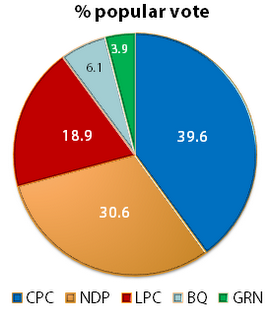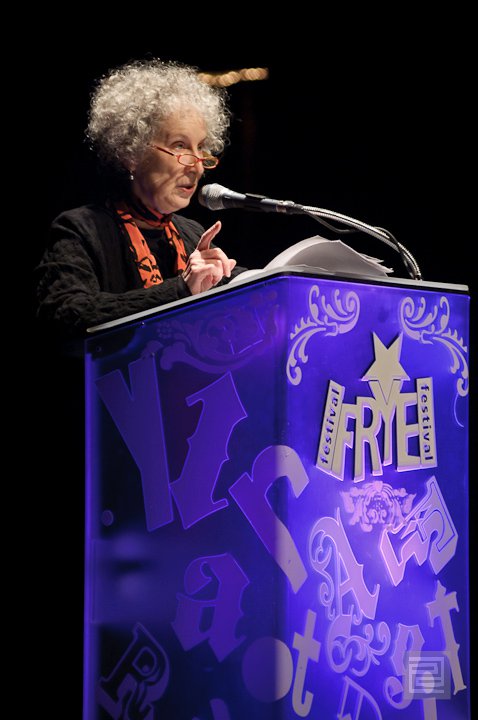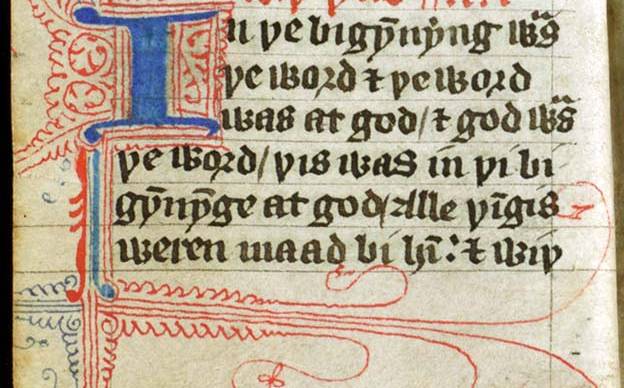Besides the fact that this majority government represents a minority of the electorate, it is also an anomaly of a split vote on the left, most especially in the Greater Toronto Area. This is another way of confirming that most voters were looking for a way not to vote for the Conservatives.
Don’t let lazy reporting or even lazier punditry obscure the facts: a large majority of Canadians — just over 60% — voted to the left of the Harper Conservatives.
Thomas Walkom explains:
For Canadians unnerved about a Stephen Harper majority government, two facts about Monday’s election stand out.
The first is that virtually all of the Conservative gains occurred in and around Toronto. Of the 24 new seats Harper won across Canada, 18 came from the Greater Toronto Area — including nine from Toronto itself.
Or, to put it another way, Harper owes his majority to the voters of the GTA. His gains elsewhere were minimal. In fact, the Conservatives lost seats in both Quebec and British Columbia.
The second notable fact is that most of these GTA gains resulted from vote splitting between Liberals and New Democrats — vote splitting that, ironically, was fuelled by a last minute surge of support toward Jack Layton’s NDP.
In Toronto’s Don Valley West, for instance, the NDP won 1,182 more votes than it had in 2008 — just enough to deny victory to Liberal incumbent Rob Oliphant.
This NDP vote increase occurred even though the party’s candidate, Nicole Yovanoff, spent virtually no time in the riding, instead flying off to Kenora to manage another New Democrat’s campaign.
Conservative gains resulting from vote-splitting also occurred in suburban ridings outside Toronto like Bramalea-Gore-Malton that, until Monday, had been Liberal strongholds.
All of which is to say that pressure will be redoubled on both Liberals and New Democrats to unite the so-called left.
As to that last point, yes, it may be time. The left must unite so that it can do what most Canadians want them to do, and that is to govern.


